7 household items that are 'a liability, not a donation' – experts warn why you should never donate these things when decluttering
They could be a hazard


Donating unwanted items is one of the easiest ways to streamline a space while helping others and minimizing waste. However, there are some household items you should never donate.
Some things simply aren't safe or useful and could create more problems for the donation centers.
So, before you start boxing things up, professional organizers urge you to familiarize yourself with these seven household items you should never donate, and what to do with the items you are decluttering instead.
Household items you should never donate
1. Open toiletries

Only sealed, unused toiletries should be a contender for donation.
Donating can seem like a logical solution to dealing with bathroom overflow. However, Shantae Duckworth, professional organizer and founder of Shantaeize Your Space, explains that many donation centers cannot legally accept open toiletries, including beauty products and medications.
However, she adds, 'That doesn’t mean they have to go straight into the trash when decluttering a bathroom.
'Many cities have community “buy nothing” groups where neighbors gladly take partially used bottles of shampoo or unopened extras.
'For expired items, check with your local recycling program; some packaging, such as glass jars or certain plastics, can be recycled once rinsed. And unopened, in-date personal care products are often welcomed at domestic violence shelters or community pantries.'
Design expertise in your inbox – from inspiring decorating ideas and beautiful celebrity homes to practical gardening advice and shopping round-ups.
Alternatively, make it your mission to use up all of the opened, in-date products, chasing the underconsumption trend. Place all of your half-used products in a basket (this affordable plastic basket from Walmart is ideal, as it has drainage holes to help prevent bathroom products from going moldy or slimy between uses).
Then, as a sensible decluttering tip, aim to avoid buying any new products until the basket is empty, helping to reduce unnecessary trash at home.
2. Worn out linens

Very old sheet sets are not useful for charity stores.
Fabric can be hard to recycle at home, making donation a logical solution when organizing a linen closet.
However, Shantae urges you to check the quality of your household linens before you put them in a donation bag, and let that dictate where you take them.
She says, 'Charities rarely want threadbare sheets or towels, but animal shelters almost always do. They line crates, clean up messes, and make the animals more comfortable.'
Want to be less wasteful? Shantae explains that there are several practical ways to repurpose old bed sheets and towels at home.
'Old bedding can be cut up into rags for household cleaning, painting projects, or even padding for mailing fragile items. If you have a stash of mismatched pillowcases or sheets, consider keeping a few in the car; they’re perfect as makeshift drop cloths, beach blankets, or trunk liners for messy errands.'
When cutting up linens for use around the home, use a set of pinking shears, from Walmart, rather than regular scissors, to prevent the edges from fraying and leaving more mess than they clean up.
3. Cords and electronics
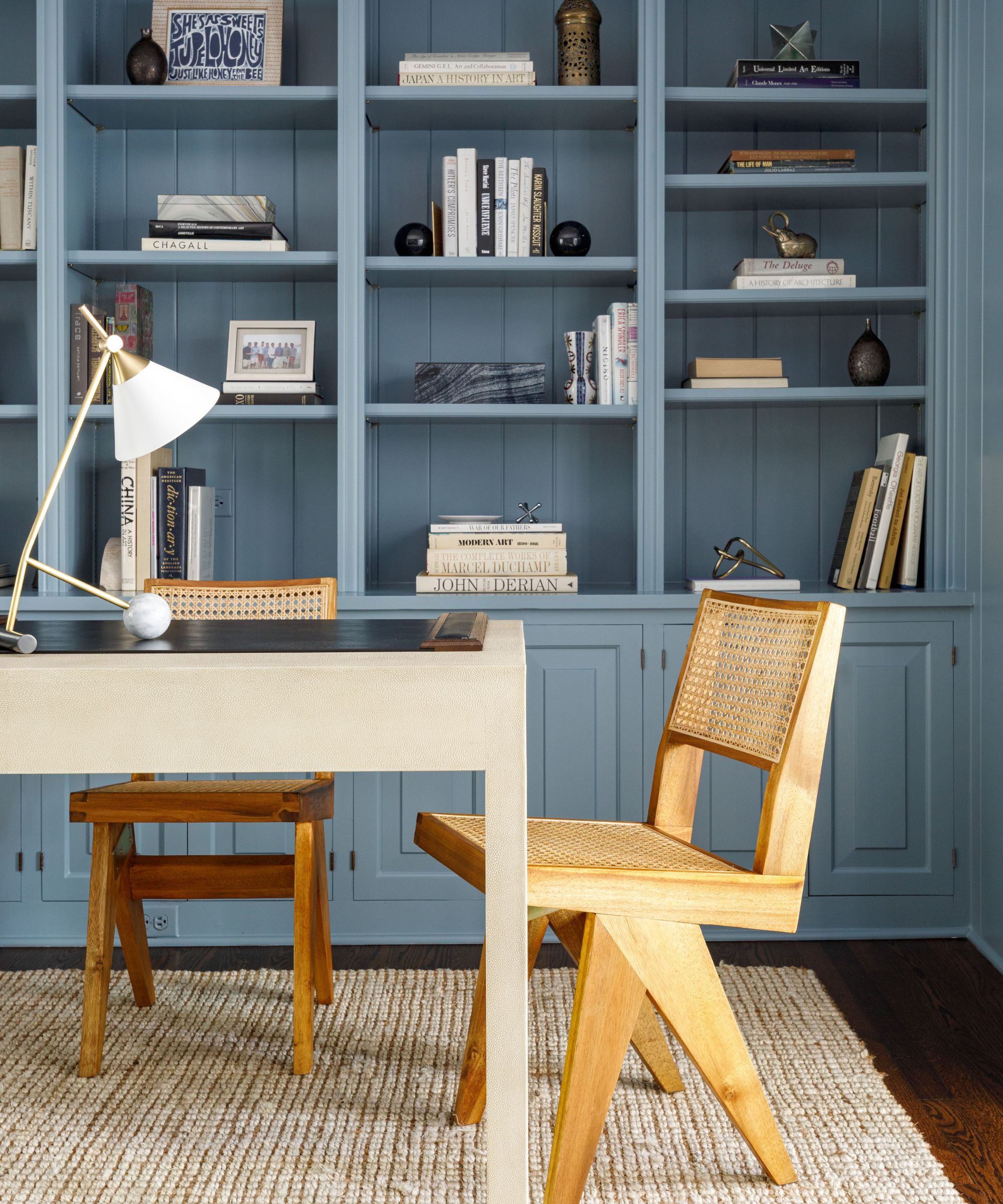
Old electronics are often tricky for donation centres to process safely.
Shantae continues, 'Most donation centers don’t have the bandwidth to sort through random chargers or obsolete electronics, so they end up in landfill piles.
'Instead, look for e-waste drop-off events in your town or stores like Best Buy and Staples that recycle electronics responsibly.
'For small gadgets that still work, such as old iPods, cameras, and speakers, consider local schools or community centers. They may use them for STEM programs or art projects.'
Alternatively, consider selling your old tech. Just be sure to follow the 30-day selling rule to avoid the items becoming clutter again. Then, for the cords you are keeping, stash them in a cable caddy, from Wayfair, to keep them accessible, tangle-free, and out of sight.
4. Old paint or chemicals
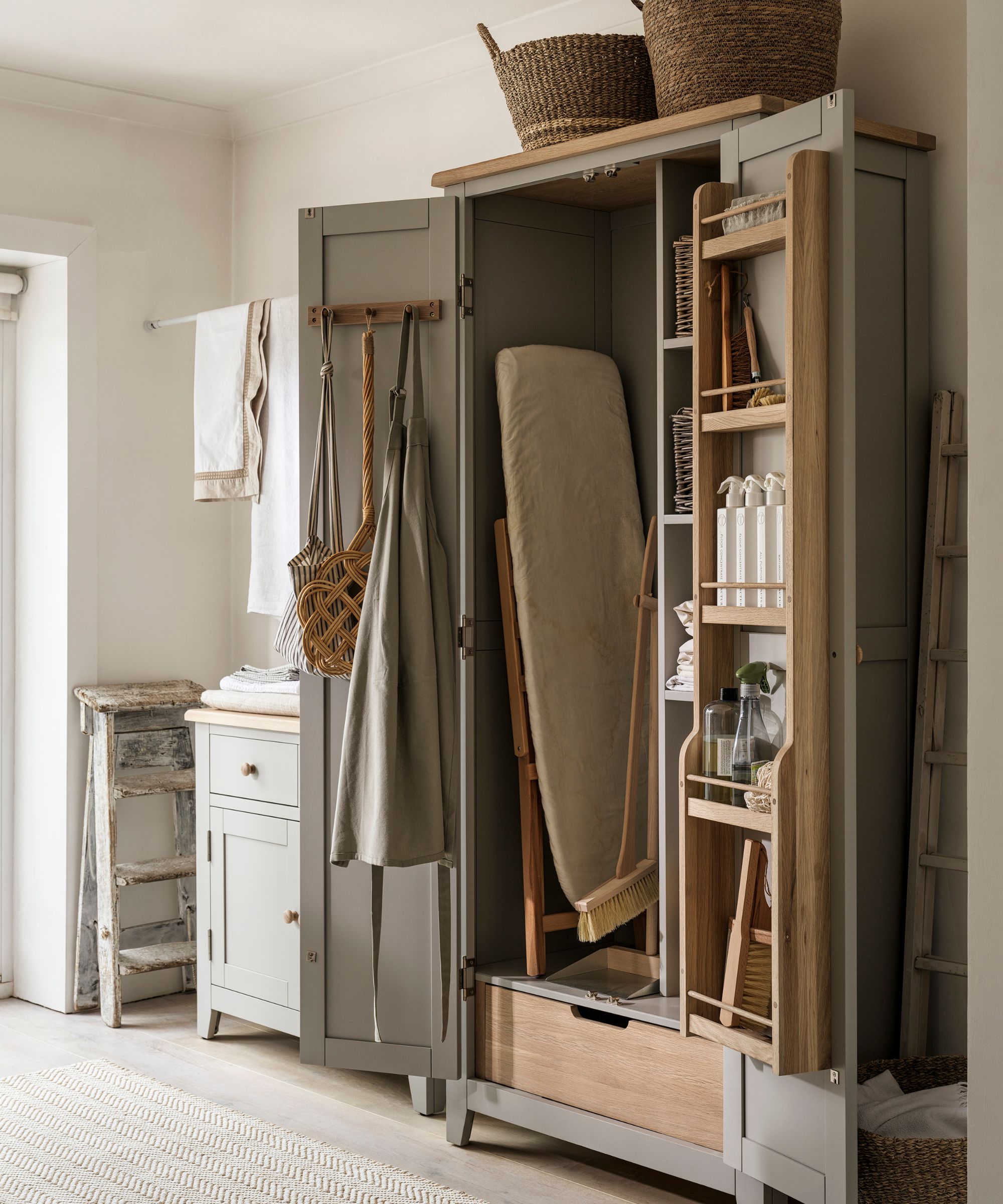
Only unopened cleaning products should be considered when donating household items.
Whether you are decluttering under the kitchen sink or organizing a shed, household chemicals and paint should be disposed of, and never donated.
Laurie Hise, money-saving expert and owner of Passionate Penny Pincher, explains, 'Due to safety regulations, most donation centers will not accept hazardous materials.
'For instance, a half-used can of wall paint is considered a liability, not a donation. Instead, you should contact your local waste facility to inquire about proper disposal methods or community hazardous waste events.
'Alternatively, if the material is still usable, consider offering it on neighborhood apps like Nextdoor or your community's Meta page; someone painting a shed might find it useful!'
5. Mattresses

Mattresses are difficult to dispose of, so don't lump them on a donation centre to deal with.
Working out how to dispose of a mattress safely is tricky, but you should not resort to making it a donation centre's problem.
Laurie explains, 'Many charities are unable to accept used mattresses due to hygiene regulations and stringent resale laws, and they are also cumbersome to transport.
If your mattress is no longer usable, break it down: The wood can be used for DIY projects, the foam for cushions, and the springs for scrap metal.
'Alternatively, if your mattress is in good condition, consider selling it, as there's a market for used mattresses, particularly among college students.'
Using one of the best mattress toppers, such as the Tempur-Adapt Tempur-Topper, from Amazon, and the best mattress protectors, such as the Saatva Waterproof Mattress Protector, from Saatva, can help keep your mattress in better condition for longer, increasing its resale potential.
6. Personalized items
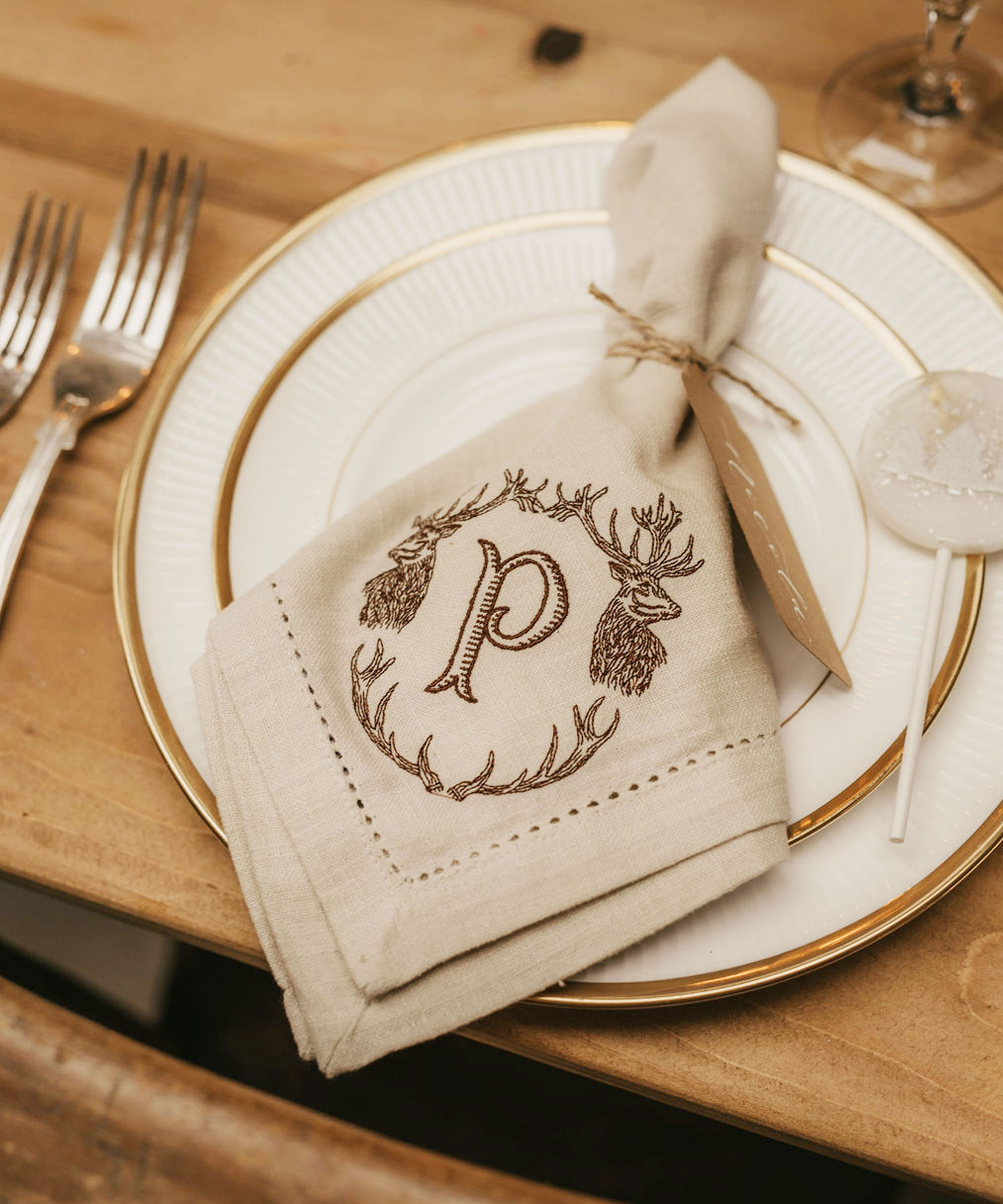
People can rarely make use of heavily personalised gifts after donation.
Laurie warns, 'Items bearing initials are seldom reused, and donating them is a common decluttering mistake.
'Instead, repurpose them! Monogrammed towels are ideal for pet bedding or cleaning. Custom mugs can become unique planters or pen holders. Alternatively, sell them as a quirky bundle; someone is sure to appreciate them.'
7. Incomplete sets
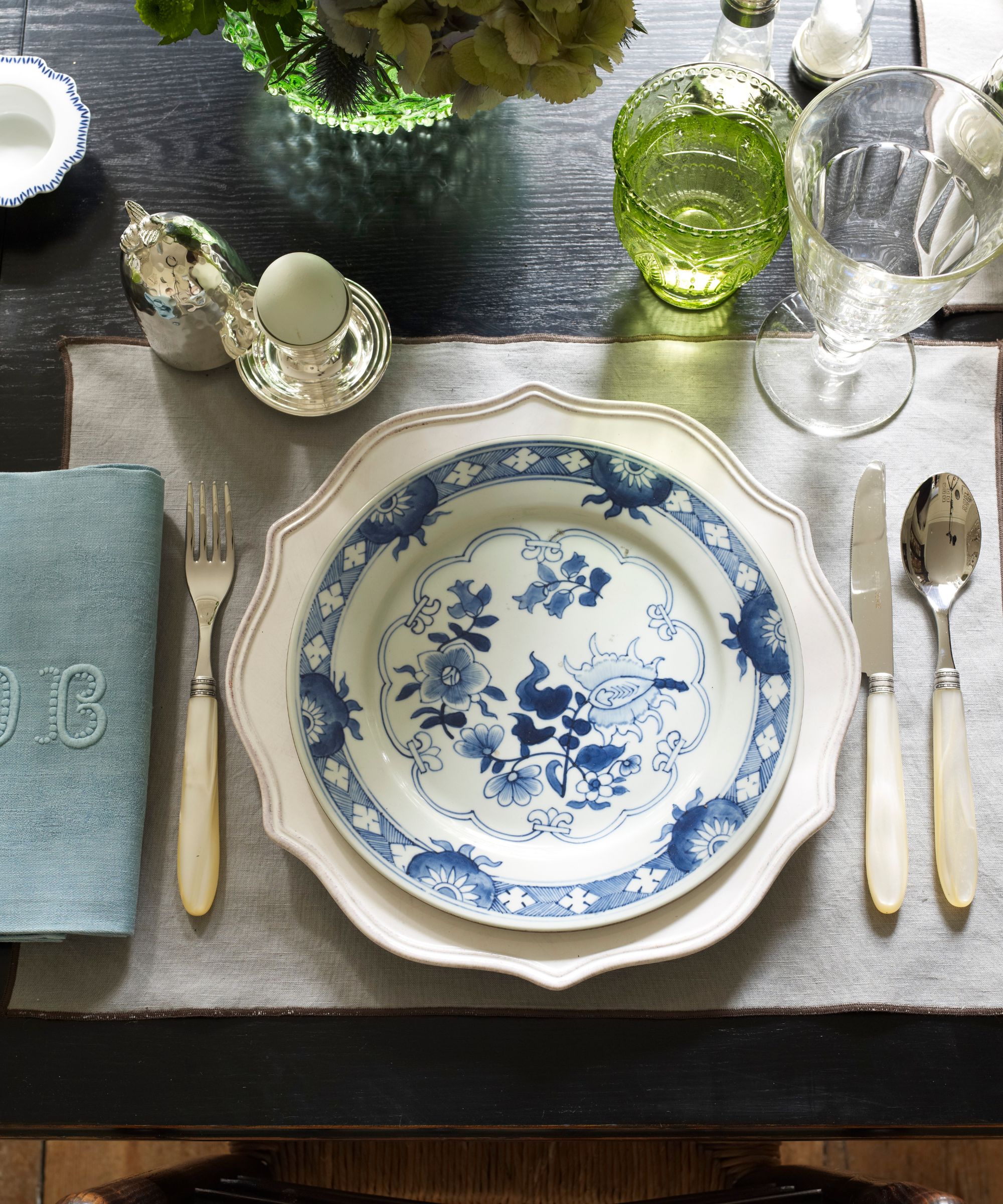
A plate set with one missing plate should be fine, but avoid giving away a very mismatched, damaged set.
It should go without saying that any damaged items should not be donated. It is offensive to the charity and the people they help.
David Hurless, director of operations at Stor-It stresses that this rule applies to any set that has missing components, too.
'This could be puzzles that are missing pieces, or a game that has half the items gone. Most times, charities and donation centers will not spend the time to seek out the pieces, and it will just end up in the trash. Recycle what you can and dispose of the rest responsibly.'
What to shop
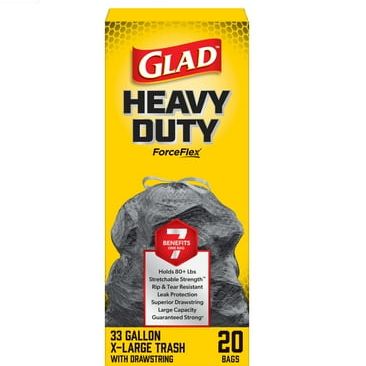
Heavy-duty trash bags are ideal for donation items, as you can leave the whole bag with the center, rather than having to wait for them to unpack.
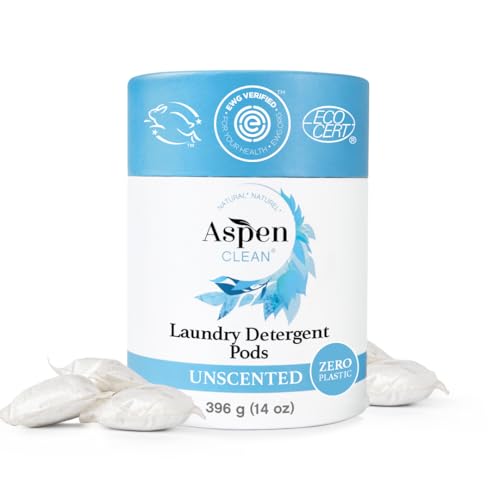
Before donating any fabric items, wash them first. Use an unscented, gentle laundry detergent to minimize the risk of irritation to people with allergies.
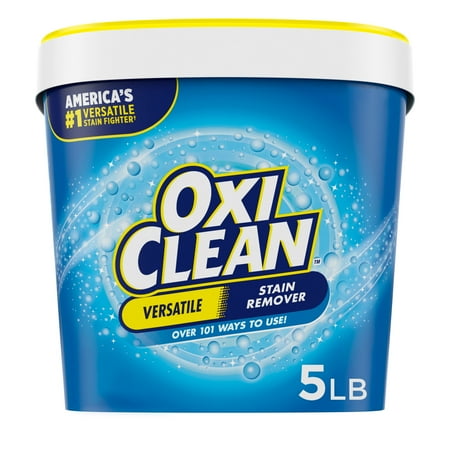
Some stained fabric items can be saved using a quality stain remover and the golden rules of stain removal, making a previously useless garment or linen donation worthy.
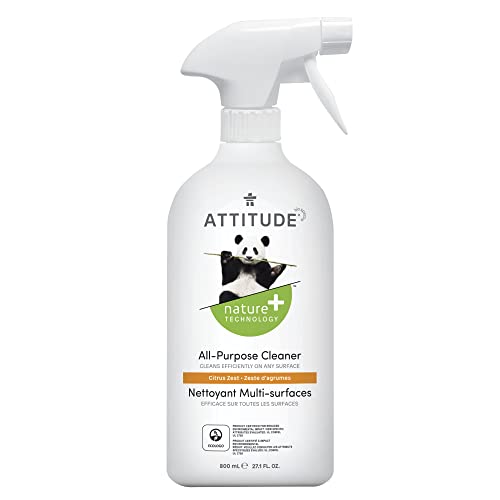
Before donating anything, disinfect it and remove any grease or grime. The Environmental Working Group (EWG) has certified Attitude products as non-toxic, meaning they contain no harsh chemicals or artificial compounds.
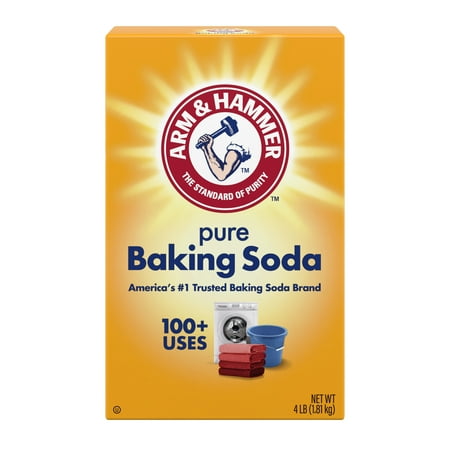
Baking soda is perfect for removing odors naturally, especially on clothing, linens, mattresses, or inside storage products, helping to spruce them up before selling or donating them.
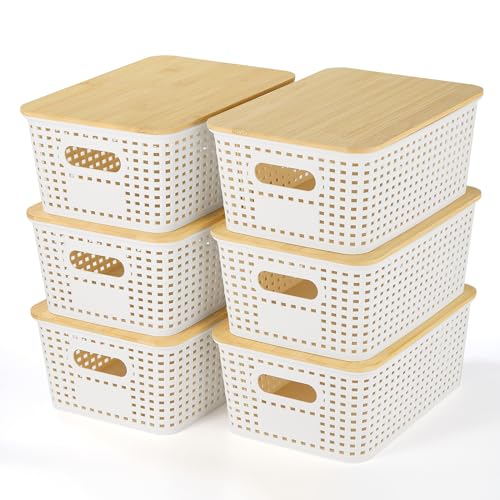
These stacking bins are ideal for items that need ventilation, such as food packets or bathroom products, helping to keep all those half-used products neat as you work through your backstock.
FAQs
What is the best charity to donate used items to?
In the US, there are several charities that accept intact, helpful household items and clothing. Among some of the most accessible are The Salvation Army, Habitat for Humanity, Goodwill, and The Furniture Bank Network, which offers collection services for larger items. Check your local Facebook groups for nearby animal shelters that could use your unwanted but clean towels, bedding and linens.
Meet the experts

Shantae has over five years of Home Organizing experience, specializing in decluttering services. She has also been a returning expert on Q13 Fox Seattle and has been published in Martha Stewart, Elle Decor, USA Today, and more.

Since starting on Blogspot back in 2009, Laurie has used Passionate Penny Pincher to help millions of people save money all over their homes.

David is a storage expert and operations director at Stor-it, which has been serving the Greater Treasure Valley, Donnelly, and McCall for over five decades and is Idaho’s largest privately owned storage operator. David knows every storage solution in the book.
When having a big clear-out, it can also be helpful to familiarize yourself with the things you should never recycle at home, too, to avoid disrupting the waste stream and know how to get rid of appliances safely and responsibly.

Chiana is Homes & Gardens’ kitchen appliances editor. With a lifelong passion for cooking and baking, she grew up experimenting in the kitchen every weekend with her baking-extraordinaire Mom, and has developed a great understanding of how tools and appliances can make or break your ideal relaxing kitchen routine.